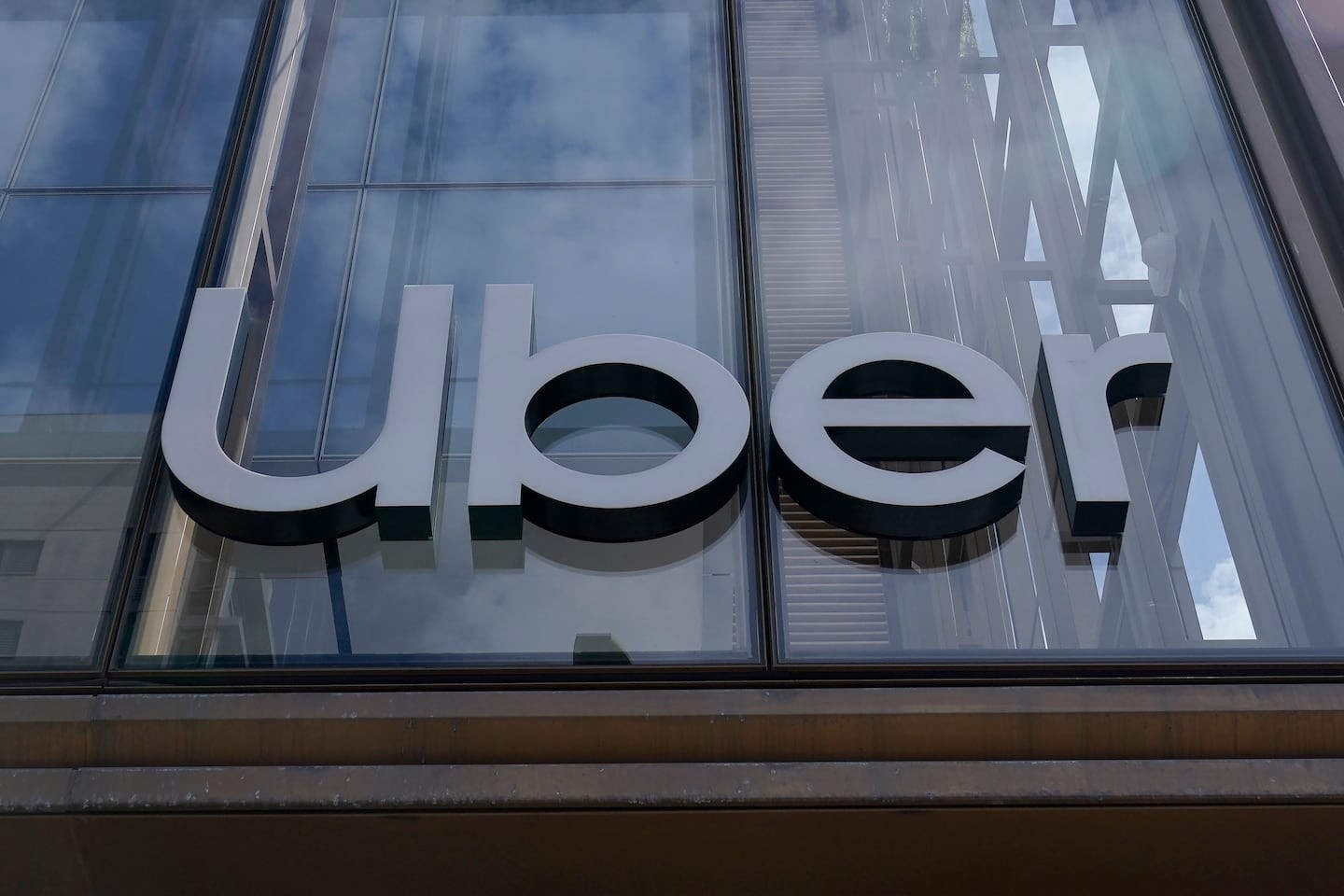
In a major regulatory action, the Dutch Data Protection Authority (DPA) has imposed a hefty €290 million ($324 million) fine on ride-hailing giant Uber. The penalty comes as a response to Uber's practices of transferring sensitive driver data from Europe to servers in the United States, which the DPA deemed a serious breach of the EU's General Data Protection Regulation (GDPR).
The Violation
For years, Uber had been sending European driver information to the US without proper safeguards. This data included:
- Taxi licenses
- Location data
- Payment details
- Identity documents
- Medical records
- Criminal records
The DPA highlighted that Uber failed to use appropriate "transfer tools" to protect this sensitive information adequately.
Regulatory Perspective
Aleid Wolfsen, chairman of the Dutch DPA, emphasized the gravity of the situation: "Businesses are usually obliged to take additional measures if they store personal data of Europeans outside the European Union. Uber did not meet the requirements of the GDPR to ensure the level of protection to the data with regard to transfers to the US."
Investigation Origins
The investigation stemmed from complaints lodged by over 170 French Uber drivers who alleged their data was being transferred to the US without proper protection. As Uber's European operations are based in the Netherlands, the Dutch DPA held jurisdiction over GDPR enforcement in this case.
Uber's History with Dutch Regulators
This isn't Uber's first run-in with Dutch privacy authorities. The company has previously faced fines from the Dutch DPA:
- 2018: €600,000 fine for failing to report a data breach
- Earlier in 2023: €10 million fine for inadequate disclosure of data retention practices and obstructing drivers' privacy rights
Uber's Response
Uber has announced its intention to appeal the decision, claiming the fine is "completely unjustified." The company argues that its cross-border data transfer process was compliant with GDPR during a period of regulatory uncertainty between the EU and US.
Uber contends that the striking down of the Privacy Shield agreement in 2020 left companies in a legal limbo regarding data transfers until the establishment of the Data Privacy Framework in 2023.
As the appeal process unfolds, Uber may have up to four years before potentially having to pay the fine, should their appeals be unsuccessful.
This case highlights the ongoing challenges companies face in navigating international data protection regulations and the potential consequences of non-compliance.